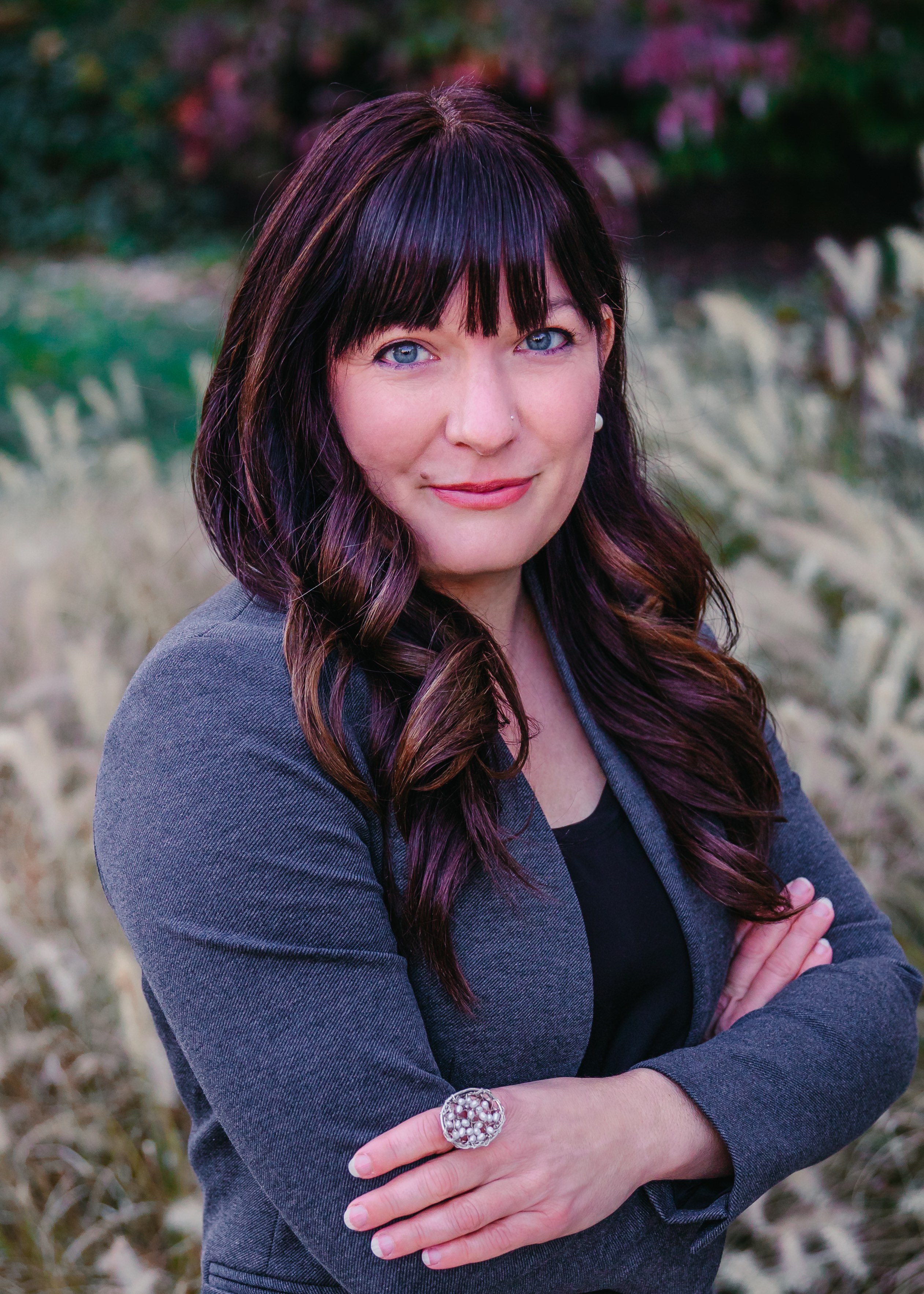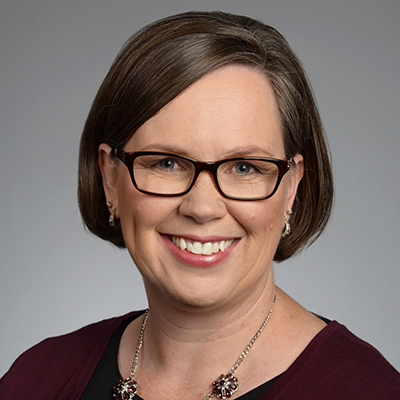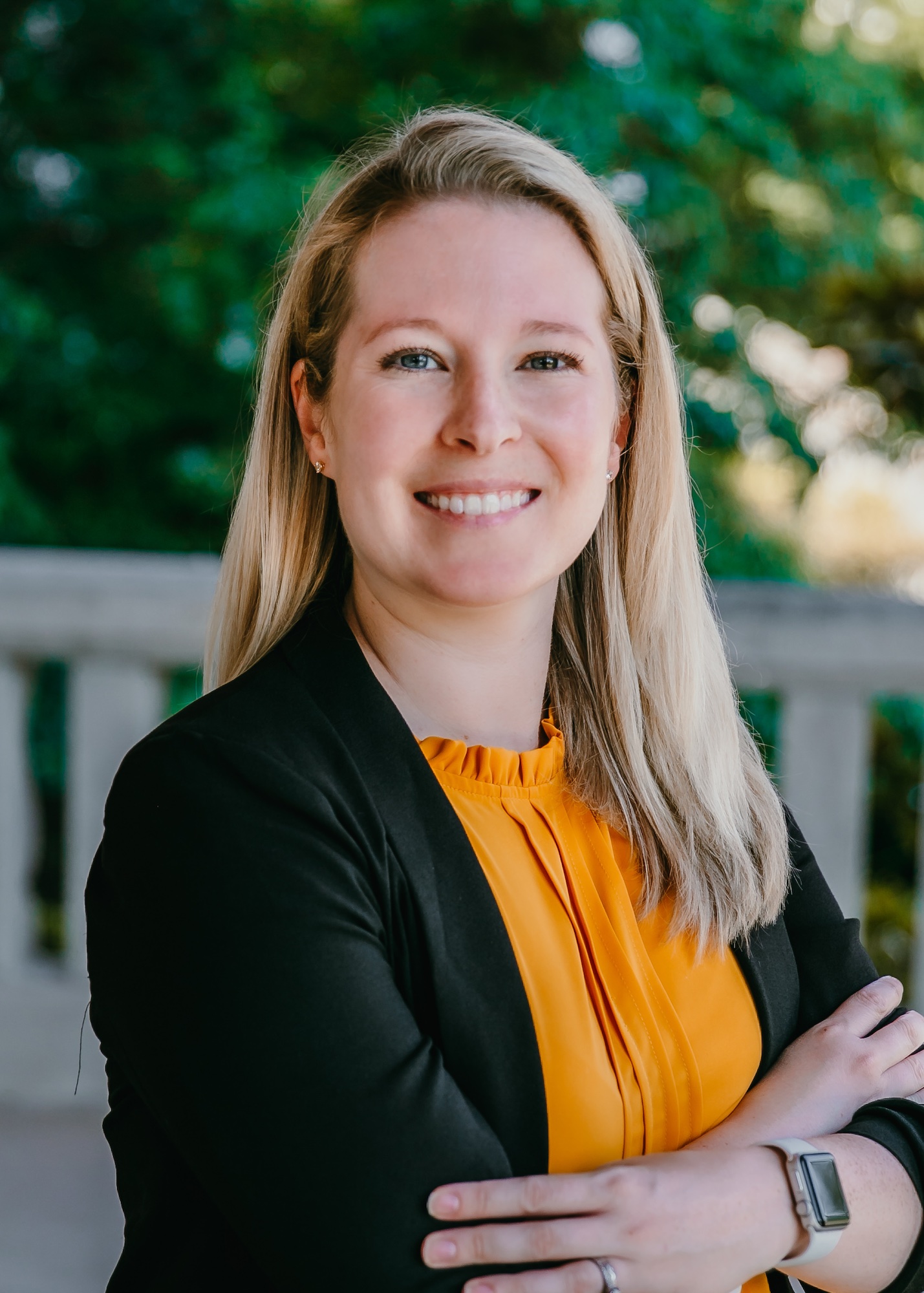Get started with Mizzou
Apply hereGraduate certificate
Your passion for teaching and dedication to positive student outcomes is evident in the way you teach and lead. Whether you’re a special educator, general educator or other school personnel, with a 100% online graduate certificate in intervention and instruction from the University of Missouri (Mizzou), you will gain the expertise to support the specific needs of gifted children or students with disabilities served in the school setting.
You will learn new instructional strategies for the K-12 general education classroom, deliver evidence-based practices that are effective across developmental domains, and improve long-term outcomes of student achievement.
This graduate certificate serves as a stand-alone credential or completed course work can be applied towards a master’s of education in special education.
Quick facts
Official name
Graduate Certificate in Intervention and InstructionCampus
Program type
Graduate certificateAcademic home
College of Education & Human Development | Department of Special EducationDelivery mode
100% onlineAccreditation
Higher Learning CommissionCredit hours
12Estimated cost
$7,078.80*This cost is for illustrative purposes only. Your hours and costs will differ, depending on your transfer hours, your course choices and your academic progress. See more about tuition and financial aid.

Career prospects
The 100% online intervention and instruction certificate will prepare highly qualified educators (general educators and special educators) and related service providers to provide evidence-based practices and support to meet the academic goals of children with special needs. Some relevant positions include:
- K-12 general education teachers (public & private)
- Special educators
- Early childhood educators and service providers
- Other school personnel & youth program providers
Program structure
Delivery of this program is 100% online; no campus visits are required.
Most students study part time, taking one to two classes per semester, and complete the course work in just a year.
Coursework includes
- Assessment and evaluation
- Literacy in special education
- Methods in special education
- Advanced teaching mathematics
Delivery
100% onlineCalendar system
Semester basedTypical program length
1 yearTypical course load
1–2 courses per semesterAccreditation
The University of Missouri is accredited by the Higher Learning Commission, one of six regional institutional accreditors in the United States.
Faculty spotlight

Jena Randolph is an assistant research professor and the training and education division director with the University of Missouri’s Thompson Center for Autism and Neurodevelopment. Her experience has a focus on collaborative and coordinated care for individuals with autism and developmental disabilities. She is one of the primary developers of the Training Experts in Autism for Missouri (TEAM) program, which provides autism training and support to professionals across disciplines throughout the state and of the Self-Determined Transition Readiness through Individual Vocational Experiences (STRIVE) program, which provides direct instruction, work experiences and peer mentorship to enhance employment readiness for young adults with autism.

Delinda van Garderen focuses her research on students with learning disabilities, struggling learners, and teachers in the content areas of mathematics and science. In particular, she studies how students and teachers use representations to solve mathematics word problems, student development and intervention in number (e.g., conservation of quantity, numerical magnitude), and use of Universal Design for Learning to plan instruction to meet the needs of learners in science. She is currently completing a DR-K12 NSF grant, “QuEST: Quality Elementary Science Teaching,” designed to examine the impact of a professional development model for improving teacher content knowledge and pedagogical practices in science.

Jamie Day is an assistant professor of special education in the College of Education and Human Development at the University of Missouri. Broadly, her research revolves around strategies to attract, prepare and retain effective personnel for all multilingual students with disabilities. This includes researching special education teacher preparation and evidence-based literacy interventions for multilingual students participating in the special education process.
